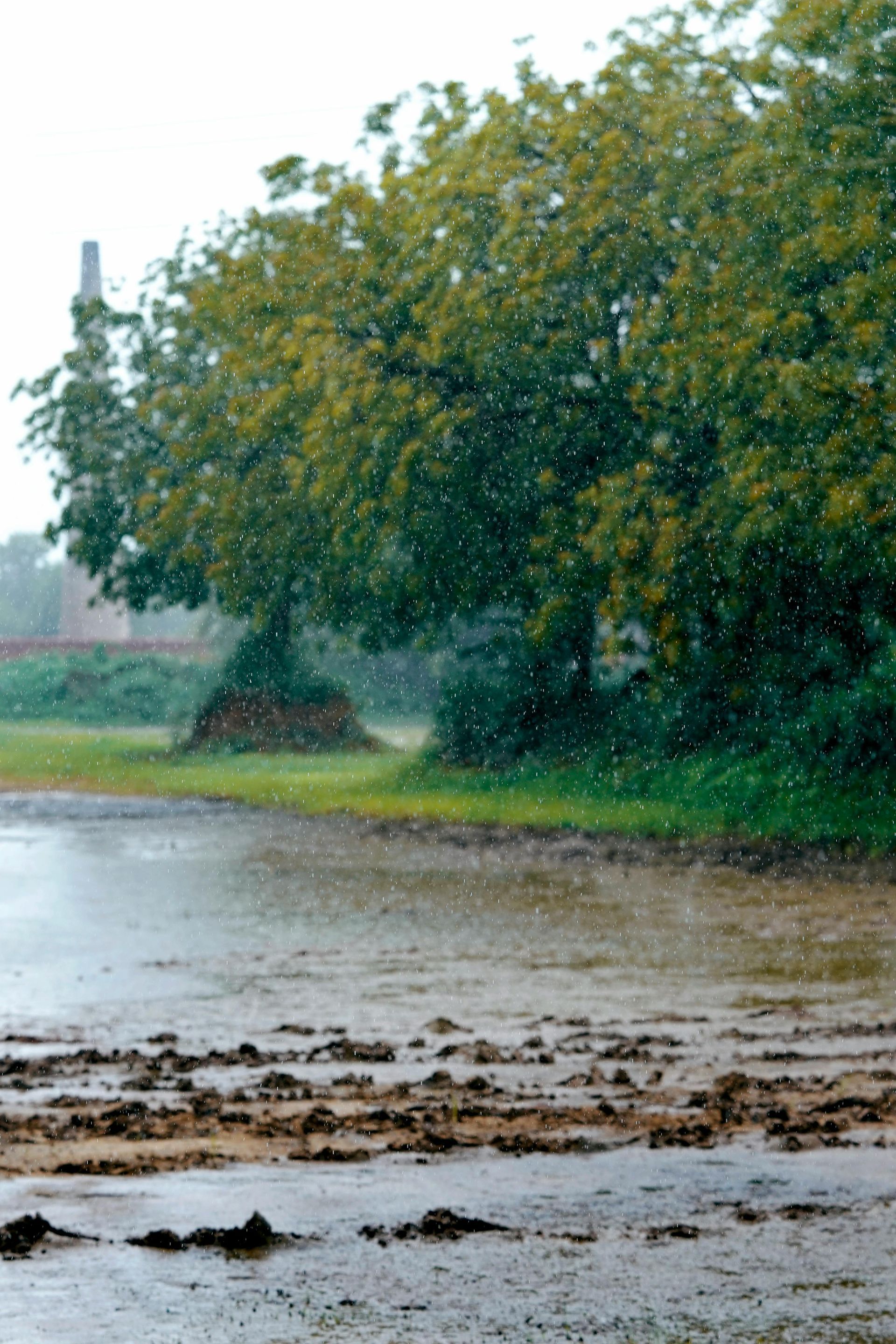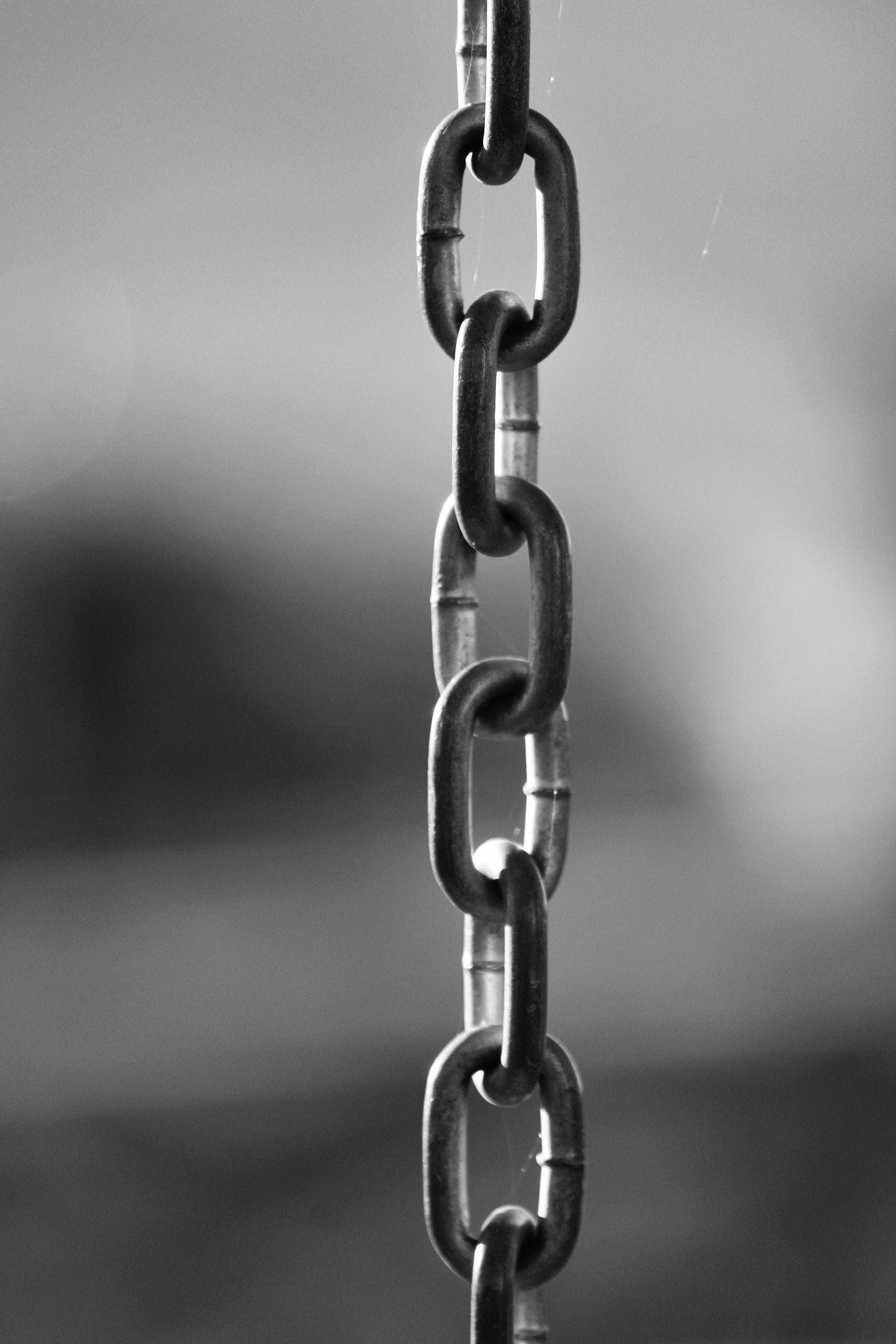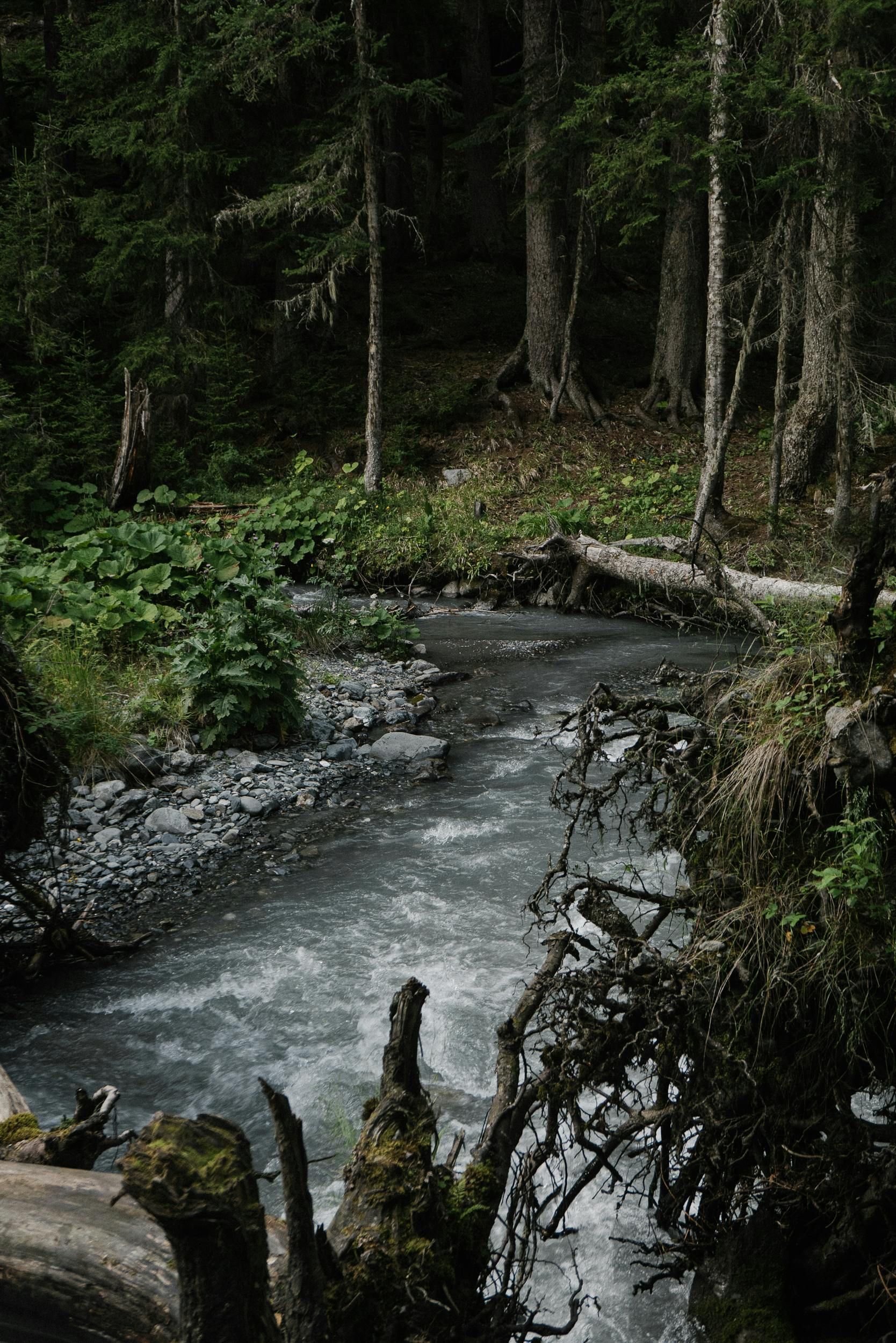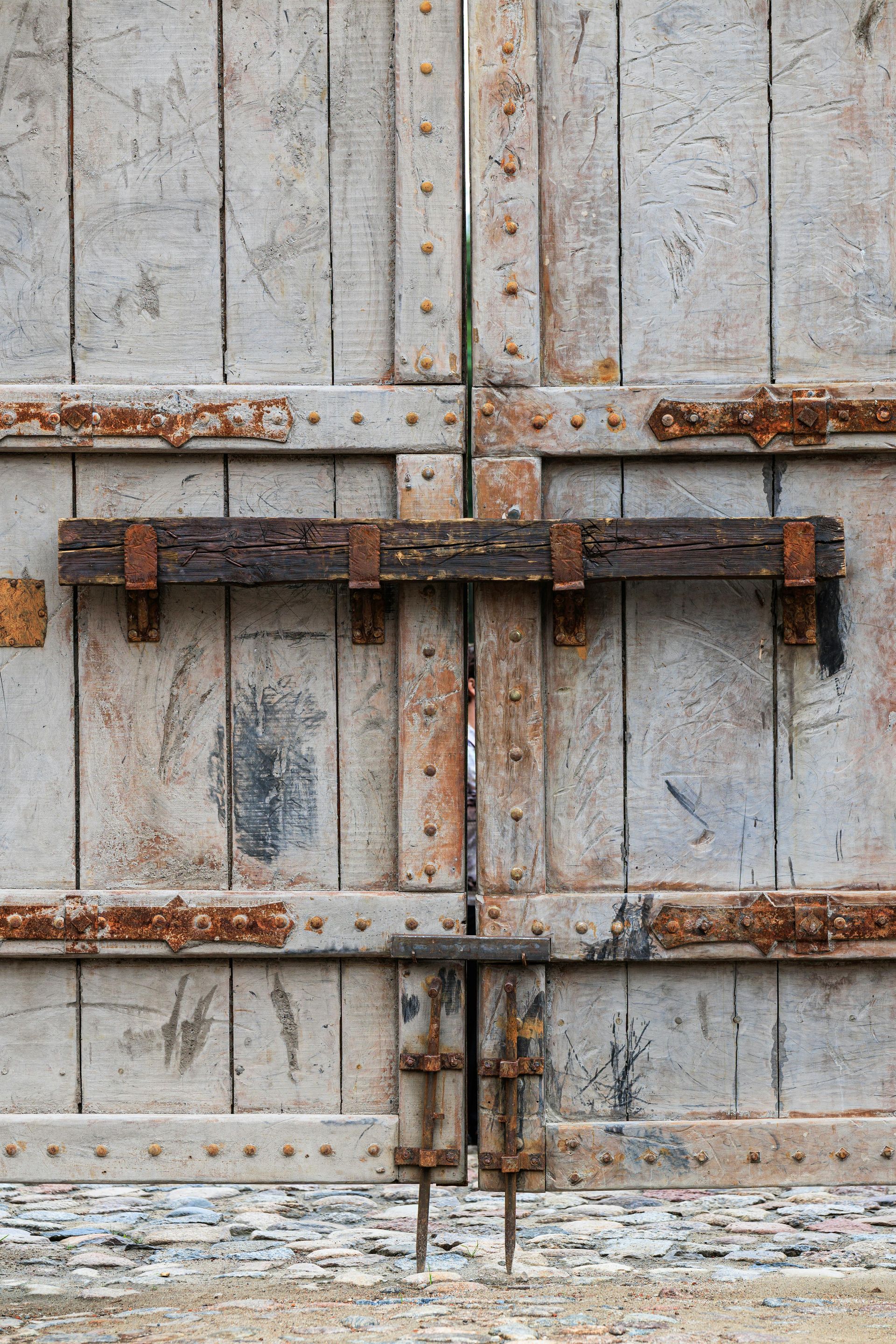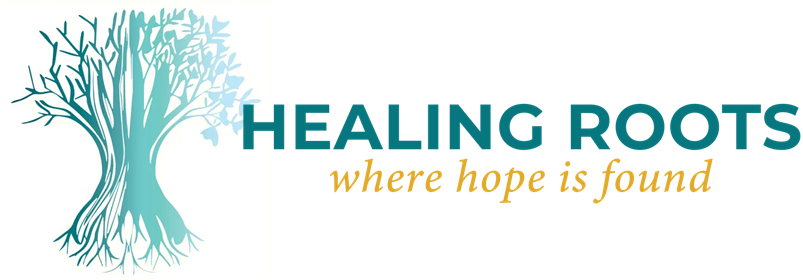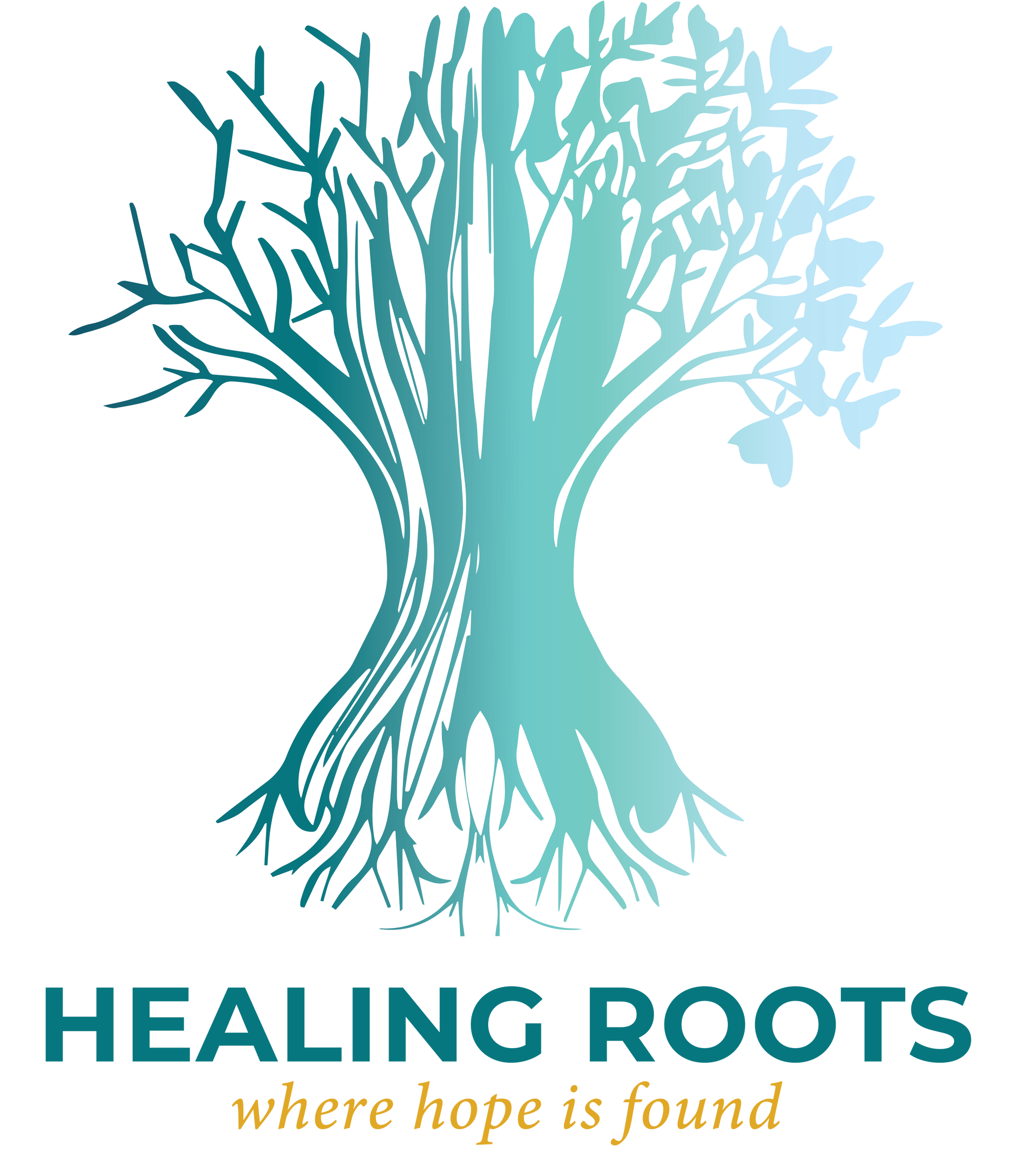Light in the Tunnel
What is Your Light?

When I was a child, my dad took my brother and me on a road trip to his hometown of Rhode Island. This is a long trip when you're a kid. This is probably where my vertigo began. I remember having fun, though. My dad and aunt went the wrong way because we ended up in New York City. In New York, going over a bridge or a tunnel is an option. I remember these options being discussed as to which way would be faster. They chose the tunnel, which ended up being the worst choice. We were stuck in traffic in this dark tunnel for what felt like hours. As a kid, an hour is a day, so we will say it was all day to keep the drama. This tunnel was long and dark, leaving no clues about where the light was. When we saw the light, we knew this was the end of the darkest parts of the trip.
I think of the beginning of traumatic loss, the shock, the funeral, the confusion, the hope for a solved case, and the most profound pain ever felt imagined in your chest and throat. In the first weeks, so many emotions are wrapped up in denial and shock. Denial this has happened, denial that this will ever get better, and denial that this is possibly your life. The anger sets in, then the guilt, and so on. This is all very normal. The fear and the worldview shift take time to process. There is no timeline for this process as in the traffic in the tunnel. We just sat there, not knowing what would come or when we would leave this dark place. We were in line with others, feeling the same exhaustion of traffic. In this grief, YOU ARE NOT ALONE. You will reach this light at the end of the tunnel. You will make it out.
REFLECTION: Ask yourself, "What is the light for me?" This tunnel has an end if you allow yourself to see it. Seeing it is believing it, then feeling it follows. What is your light? Friends? Therapy? Support? Jesus? Name your light.
Share:

